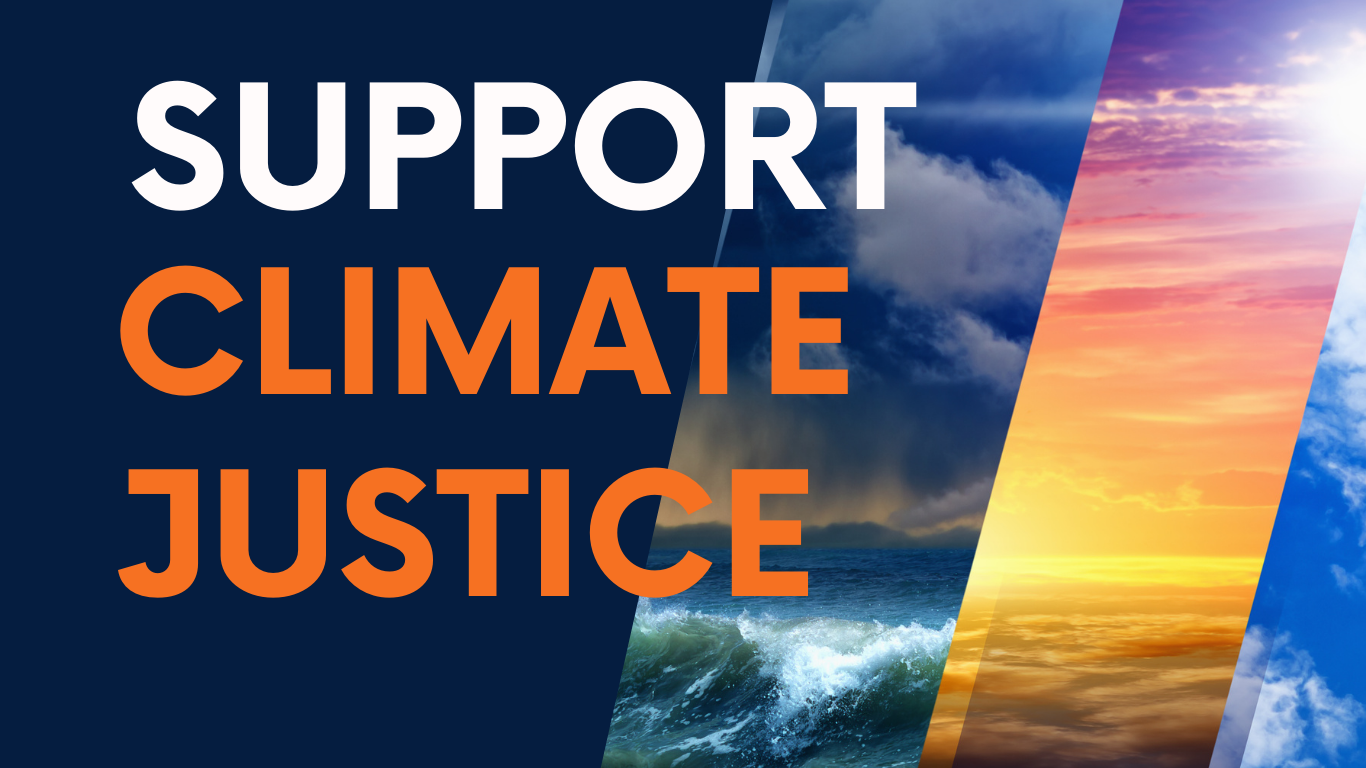by Climate Spotlight Staff
“Droughts, floods, and heatwaves – record melting of Antarctic Sea Ice and glaciers – the World Meteorological Organization’s 2022 State of the Global Climate report presents planetary-scale changes being driven by human action.
Impacts on land and ocean ecosystems are fueled by greenhouse gasses which trap heat in our atmosphere. The world’s fossil fuel dependence is the catalyst for the rapid changes we are seeing today.
The continuous drought in East Africa in 2022, record-breaking rainfall in Pakistan, and record-breaking heatwaves in China and Europe affected tens of millions, drove food insecurity, boosted mass migration, and cost billions of dollars in loss and damage,” said WMO Secretary-General Prof. Petteri Taalas.
While greenhouse gas emissions continue to rise and the climate continues to rapidly transform – the most vulnerable communities continue to bear the brunt of the impacts.

The report cites that the total cost of loss and damage was assessed at US$30 billion in 2022.
A story map accompanying the report provides an interactive summary of its findings. They recommended that policymakers utilize the tool. The reports emphasize how technology will be pivotal in making the energy transition cheaper and more accessible.
Rising undernourishment is an impact of the climate crisis the report also focuses on. It notes how hazardous climate and weather events drove new population displacement – worsening conditions for the 95 million people already living in such conditions.
The report released ahead of Earth Day 2023, was in chorus with the call made by UN Secretary-General, Antonio Guterres.
“We have the tools, the knowledge, and the solutions. But we must pick up the pace. We need accelerated climate action with deeper, faster emissions cuts to limit global temperature rise to 1.5 degrees Celsius. We also need massively scaled-up investments in adaptation and resilience, particularly for the most vulnerable countries and communities who have done the least to cause the crisis,” Guterres said.
The mean global temperature in 2022 was recorded at 1.15°C above the 1850 – 1900 average. The years 2015 to 2022 were the eight warmest recorded since 1850. This is despite three recent consecutive years of cooling La Niña conditions, known as a ‘triple-dip’. This has only happened three times in the past 50 years according to the report. The El Niño cycle is expected to being before the end of this year.
Record high levels of carbon dioxide, methane, and nitrous oxide were also recorded in 2021.
Glaciers experienced an average thickness change of over -1.3 meters between October 2021 and October 2022. These losses are much larger than the average within the last decade the report states.
Ocean Acidification
The threats posed to marine ecosystems due to greenhouse gases are significant. Carbon reacts with seawater resulting in a decrease in pH – this is referred to as ‘ocean acidification’. This phenomenon, while separate from climate change, is also fueled by the same culprit, greenhouse gases, and threatens life within and ecosystem services provided by the marine environment.
According to the IPCC, Sixth Assessment Report, “There is very high confidence that open ocean surface pH is now the lowest it has been for at least 26 [thousand years] and current rates of pH change are unprecedented since at least that time.”
For coastal nations whose livelihoods depend on the health of the ocean, this is an immediate threat. Reducing global greenhouse gas emissions is the key to slowing down and reversing these impacts.
The report states that, as of June 2022, 28 million people in Latin America and the Caribbean were recorded as food insecure. This has been exacerbated by the impacts of hurricanes and storms that have battered our regions over recent years.
The full report can be downloaded here.”







